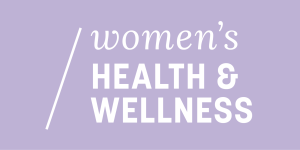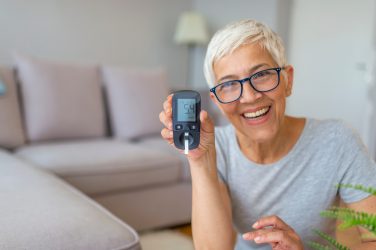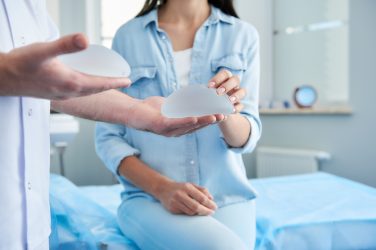
By Annette Brooks
Hormones are powerful chemical messengers produced by our endocrine system. Traveling through the bloodstream to tissues and organs, they help regulate many body functions, including metabolism, growth and development, energy production, and reproduction.
Endocrine glands in women include the ovaries. They produce female estrogen hormones (estradiol, estrone, and estriol), as well as progesterone and to a lesser amount, testosterone. Important for regulating the menstrual cycle and for childbearing, estrogen also helps keep cardiovascular tissue healthy and cholesterol in control. It protects the brain with proper blood flow and affects mood, muscle mass, and bone density. With all this and more, it’s easy to understand why depleted estrogen levels can wreak havoc with women’s health and sense of well-being.
Significant changes due to decreasing estrogen levels occur during perimenopause which generally starts between ages 40 to 45, menopause (the average age for menopause is 51 in the U.S.), and continue through post-menopause. Symptoms include hot flashes, night sweats, chills, chronic insomnia, mood swings, low libido, vaginal dryness, weight gain, thinning hair, dry skin, loss of breast fullness, feelings of depression and anxiety, and cognitive changes, including brain fog. Complications such as osteoporosis, cardiovascular disease, and urinary incontinence may also occur.
Laboratory tests measure hormone levels in blood, urine, or saliva samples, and your provider may recommend hormone replacement therapy (HRT) based on the results and your health history. HRT treatment options include prescription pharmaceutical medications that deliver estrogens via pills or tablets, creams or gels, sprays, and patches. There’s even a vaginal ring. Combination estrogen/progesterone drugs are also available.
Bioidentical hormone replacement therapy (BHRT) is an alternative to pharmaceutical-based HRT. Bioidentical means hormones that are chemically identical to those your body produces. Derived from plant-based sources such as soy and wild yams, BHRT is considered a natural treatment Keep in mind, however, that processing is performed to create BHRT products and their delivery system into the body, including customized, compounded creams, gels, patches, injections, pills, and small pellets placed inserted subcutaneously in the skin.
Usually, BHRT includes regular hormone level tests that are analyzed to determine whether your treatment plan includes the correct hormones in the appropriate dosages for your individual needs, or if changes need to be made.
Fortunately, women are no longer relegated to silently suffering with “the change of life.” Today, we have more treatment options today than ever before to help combat the symptoms of female hormone depletion and imbalance and restore quality of life.
DID YOU KNOW?
- Around 75% of menopausal women experience symptoms, with one-third reporting that they negatively affect their lives.
- Some supplements and herbal/botanical treatments may disrupt your endocrine system. Always check with your physician before taking anything new.
- Avoiding foods that reduce estrogen levels while increasing intake of phytoestrogen-rich foods may help lessen menopause symptoms.










